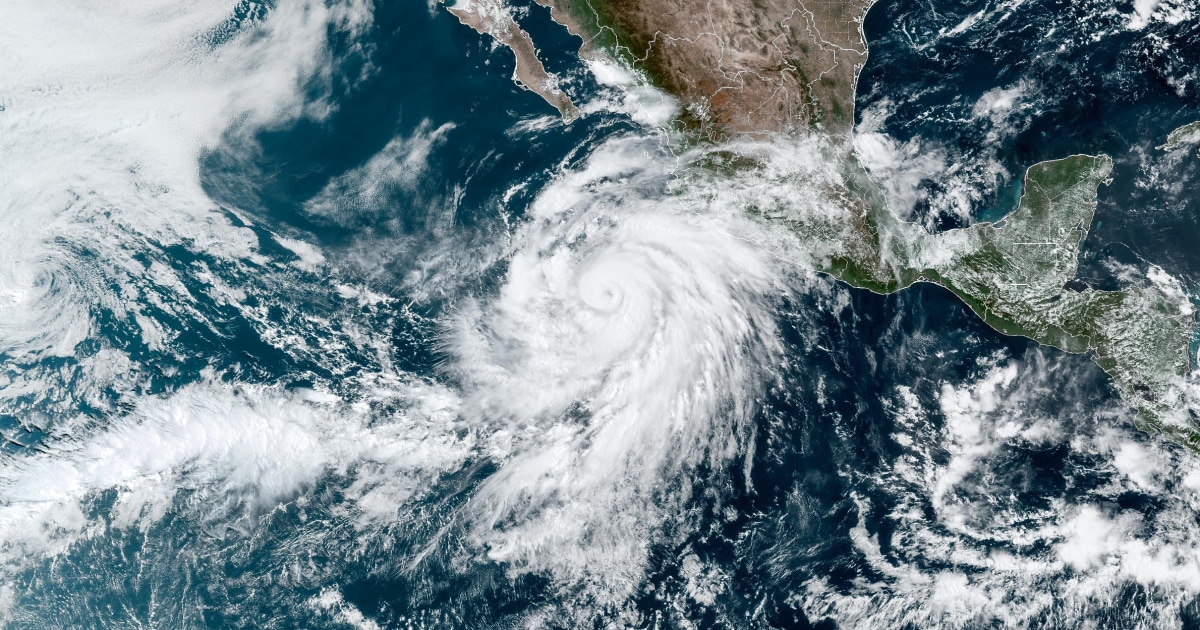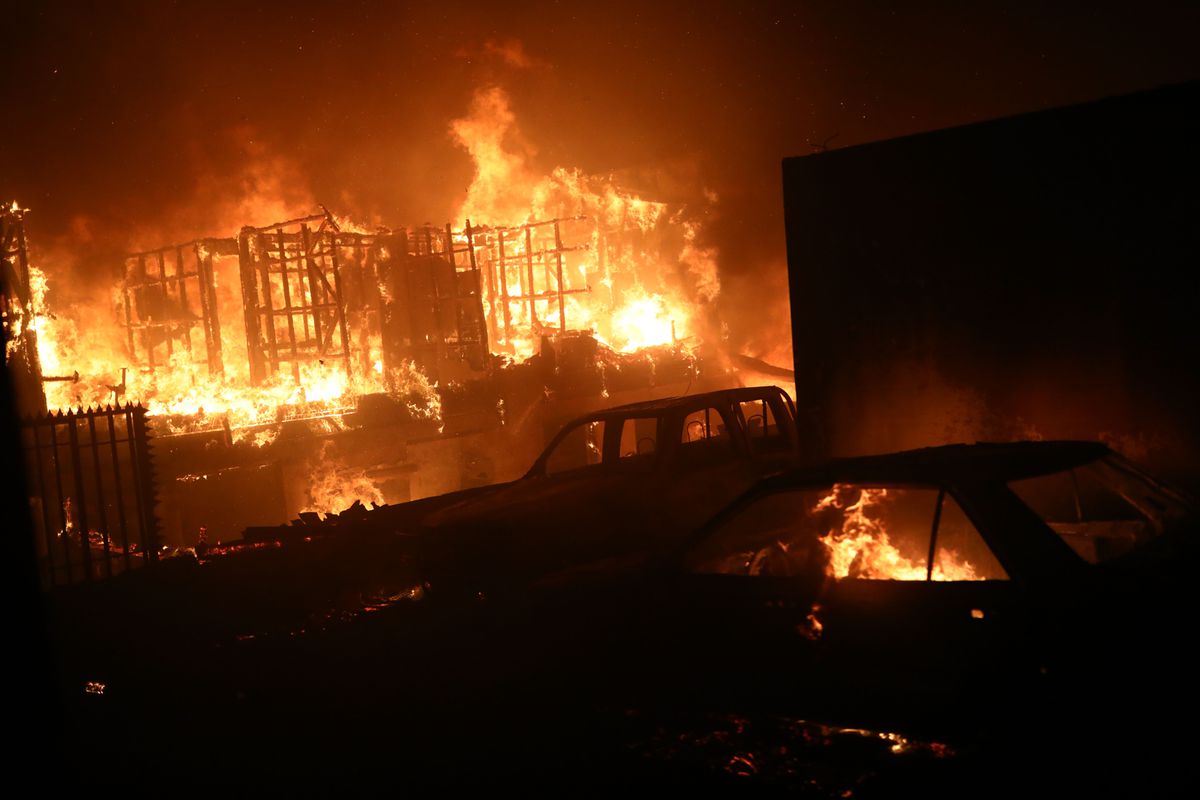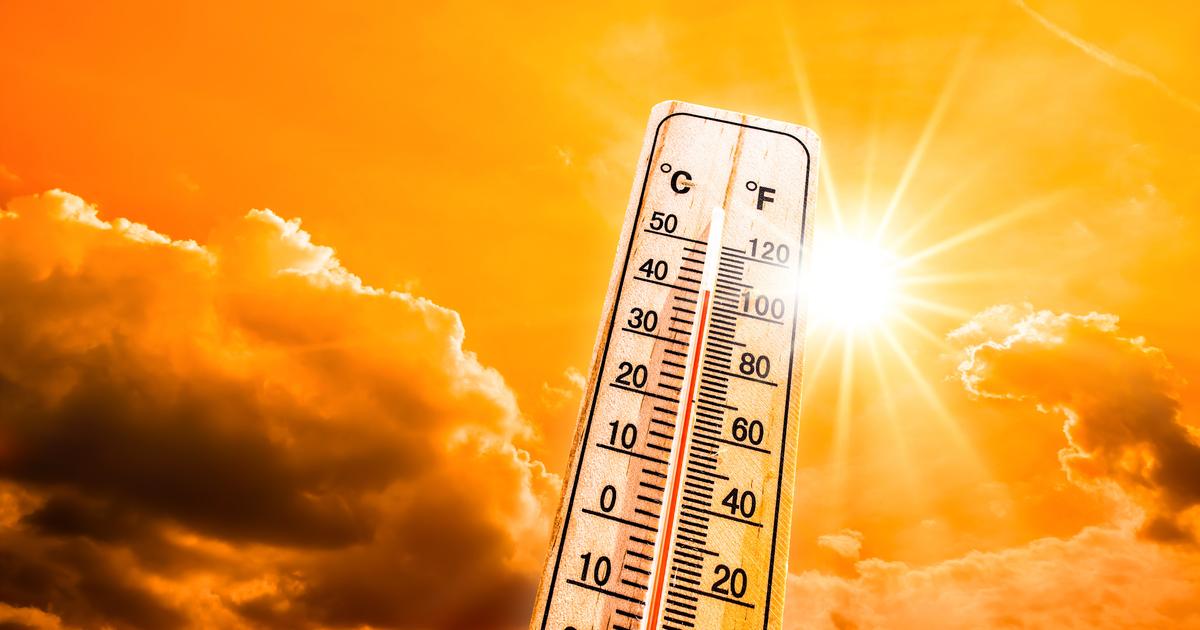When Hurricane Iota advanced through the Caribbean and began to hit the Colombian archipelago of San Andrés and Providencia, several Central American presidents met in emergency with the directors of the Central American Bank for Economic Integration (CABEI).
Not even two weeks had passed since Eta, a cyclone that reached category 4, left more than 260 dead and a trail of destruction of homes, infrastructure and crops as it passed through Honduras, Guatemala and Nicaragua, and another storm yet more powerful threatened them again.
Between frustrated and powerless, the Guatemalan president raised the alarm at that meeting: Central America "has become the region most vulnerable to climate change as a result of what the large industrialized countries have done to the world and we are suffering it" Alejandro Giammattei warned when he asked for "immediate" access to the Green Climate Funds, a UN mechanism to help developing nations combat the effects of climate change.
"It does not seem fair to us that we have to continue to borrow to rebuild our countries, infrastructure and the damage caused to agriculture," he added.
"Today more than ever the Central American people need them [the Green Funds]," Juan Orlando Hernández seconded.
"And remember that your reason for being is the recognition of the industrialized countries, that they are the cause of this phenomenon and we are the victims."
As the presidents spoke, in the region began the evacuation of thousands of people due to the threat of Iota.
Many had to leave their homes while they were still trying to recover their belongings from the rubble after Eta's scourge.
The projected trajectory of the new hurricane, similar to that of the first, posed a greater risk of landslides and floods in areas that already had saturated soils, as was verified after its passage.
It is still early to do damage control, because much of the region is still in emergency due to the impact of Iota, but the president of the Inter-American Development Bank (IDB), Mauricio Claver-Carone, estimated at a meeting on Friday with the Central American authorities that the two cyclones left some four million affected, in addition to some 400,000 people in shelters and economic losses that could reach 5,000 million dollars.
"As never before, we are joined by three lethal phenomena that leave Honduras in a situation of calamity," Hernández lamented at that meeting in which the presidents of CABEI and the World Bank (WB) also participated.
In addition to the coronavirus pandemic, which has caused a deep economic crisis in the region and an increase in informality, we must add the losses generated by the two storms in a particularly active hurricane season in the Atlantic that follows years of deep drought. that ended the crops and left entire communities without food and sustenance in the dry corridor of Central America, another of the effects of climate change in the region.
Resilient reconstruction
“The severity and frequency of these phenomena has taken by surprise.
Statistically this has never happened to us.
Climate change is causing us very serious, very serious damage ”, the president of CABEI, Honduran Dante Mossi, acknowledges in an interview with EL PAÍS.
The manager heard last Monday the demands of the Central American presidents who showed him their concern about having to continue to borrow to build infrastructures that end up being damaged by climatic phenomena such as hurricanes and their frustration because the international community does not recognize that they are suffering to a greater extent than other countries the effects of environmental degradation.
“Latin America is one of the regions that receives the least financial support from the Climate Fund.
It has been mentioned that Southeast Asia is the most vulnerable, but they [the presidents] say: 'Well, come here to Central America, and you will realize that we are the most vulnerable region because year after year the question is not whether we are going to receive a hurricane, but who is going to receive it.
The frequency and intensity of these storms has increased ”, explains Mossi.
His body has promised to help these countries present their applications to receive Green Funds at the next session of that UN body that will meet in March 2021, in addition to redirecting a portfolio of 2.5 billion dollars that CABEI has available. for infrastructure works, dams and construction of social housing in areas where there is no danger of flooding.
He has also offered to work hand in hand with the IDB and the World Bank and to serve as administrator to execute projects of public and private donors who are interested in cooperating in reconstruction, so that they have guarantees that the aid reaches those who need it .
"It is feasible that the reconstruction is financed through the Green Funds, but these should be used to develop ourselves in a better way," says Ana Victoria Rodríguez, Climate Change officer of the environmental organization World Wildlife Fund (WWF) from Guatemala. ).
“If we continue to develop in the same way, we will continue to have the same problems.
What countries have to do is change the way of development. "
His organization defends the concept of adaptation based on ecosystems and green reconstruction, that is, understanding the processes of nature and the different possible scenarios so as not to repeat mistakes.
“We have to do things differently and, at the local level, there is a key element and Guatemala is working on it, which is land use planning: you need to know your home, you need to know your ecosystems and the behavior of your territory and, based on this, they are the solutions you can give ”, he explains.
In this sense, he points out that, for example, hurricanes have a greater impact on degraded areas or on settlements built in old river beds that nature recovers.
A new wave of climate migrants?
An approach of this type, says Rodríguez, will be vital to avoid a new wave of migration to the United States, at a time when the population is hard hit by the pandemic and by the hurricanes that have followed years of droughts, which already they pushed thousands of Central Americans to seek a better life in the north.
"If we do not want hordes of Central Americans seeking to go to other countries with better living conditions, we have to create walls of prosperity in Central America," warned the Guatemalan president last Monday after meeting with CABEI.
“People have nothing to lose: if they have lost their home, their harvest and there is no help, there is no alternative but to migrate.
It is an expected consequence if quick action is not taken, ”agrees Dante Mossi.
Food security also enters into this complicated equation, as the United Nations World Food Program spokesman Tomson Phiri pointed out.
As he anticipated, the continuous floods in Guatemala, Honduras and Nicaragua will affect crops and put great pressure on subsistence farmers.
"Although it is still early, it is quite clear that this will extend the emergency even into mid-2021," he added last week.
In this sense, Ana María Rodríguez, from WWF, points out that alternatives focused on adaptation should be sought that guarantee the food security of the population so that they do not have to migrate.
“For example, we have found in Huehuetenango [Guatemala] communities that are working in seed banks promoting that the corn fruit is a more intricate grain, which allows having more grains per ear and another thing is that the harvest may be less time to avoid that those intense rains affect them ”, he explains.
That, he says, will be "key to ensuring that people can stay in their territories counting on that subsistence production" and even generate a surplus that allows them to sell their products.



/cloudfront-eu-central-1.images.arcpublishing.com/prisa/2KVLLY26ZNGK3OCBRI676KYGKA.jpg)










